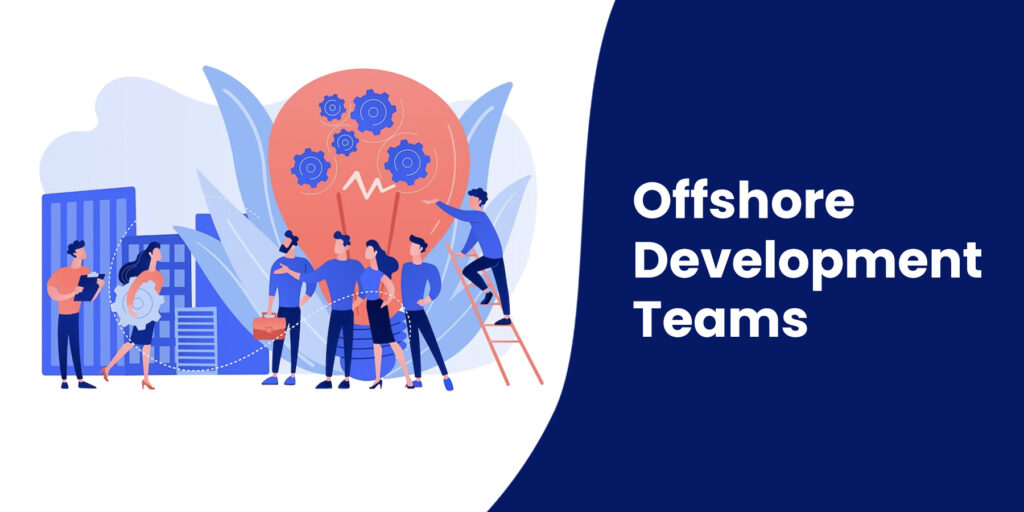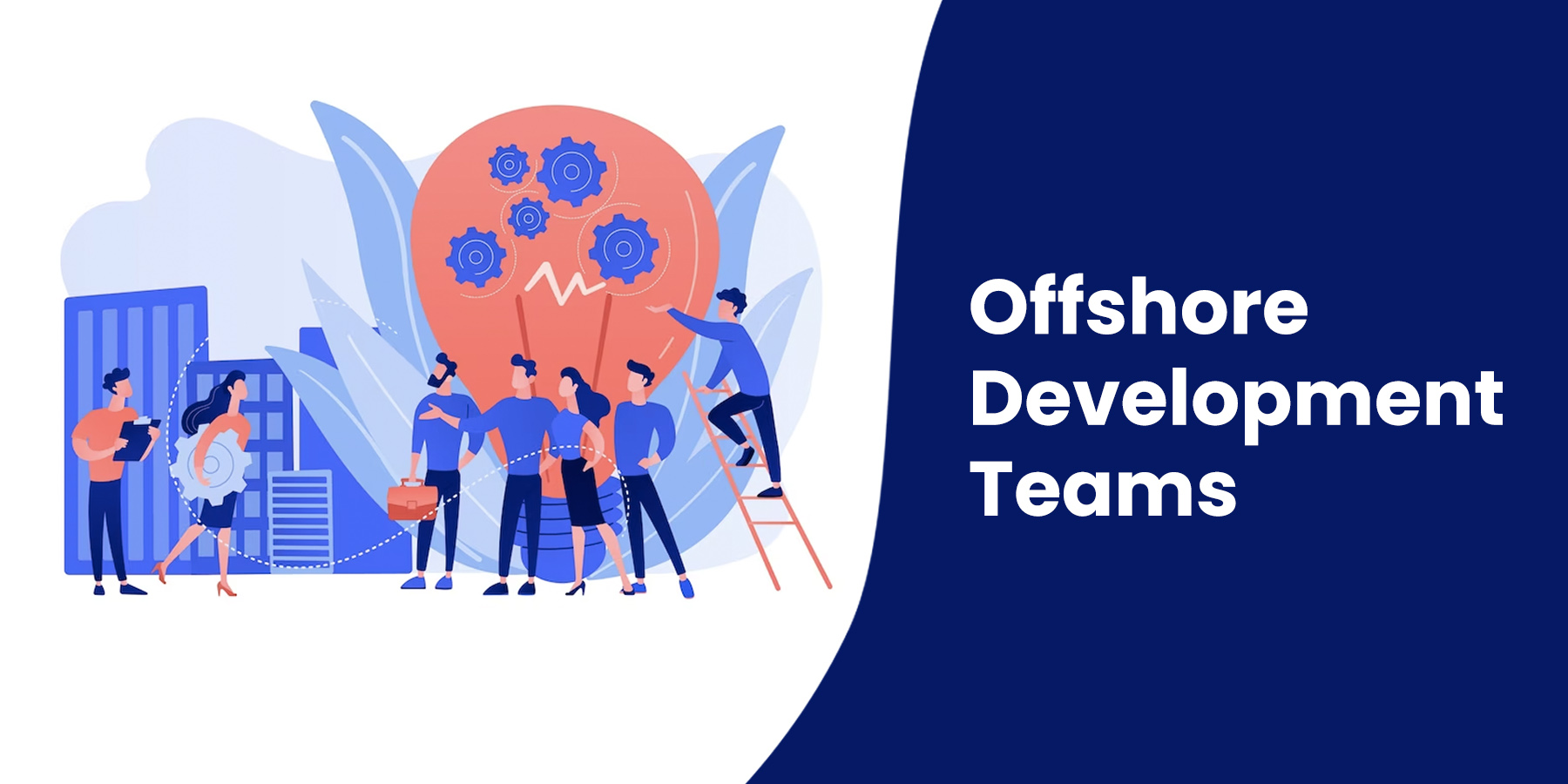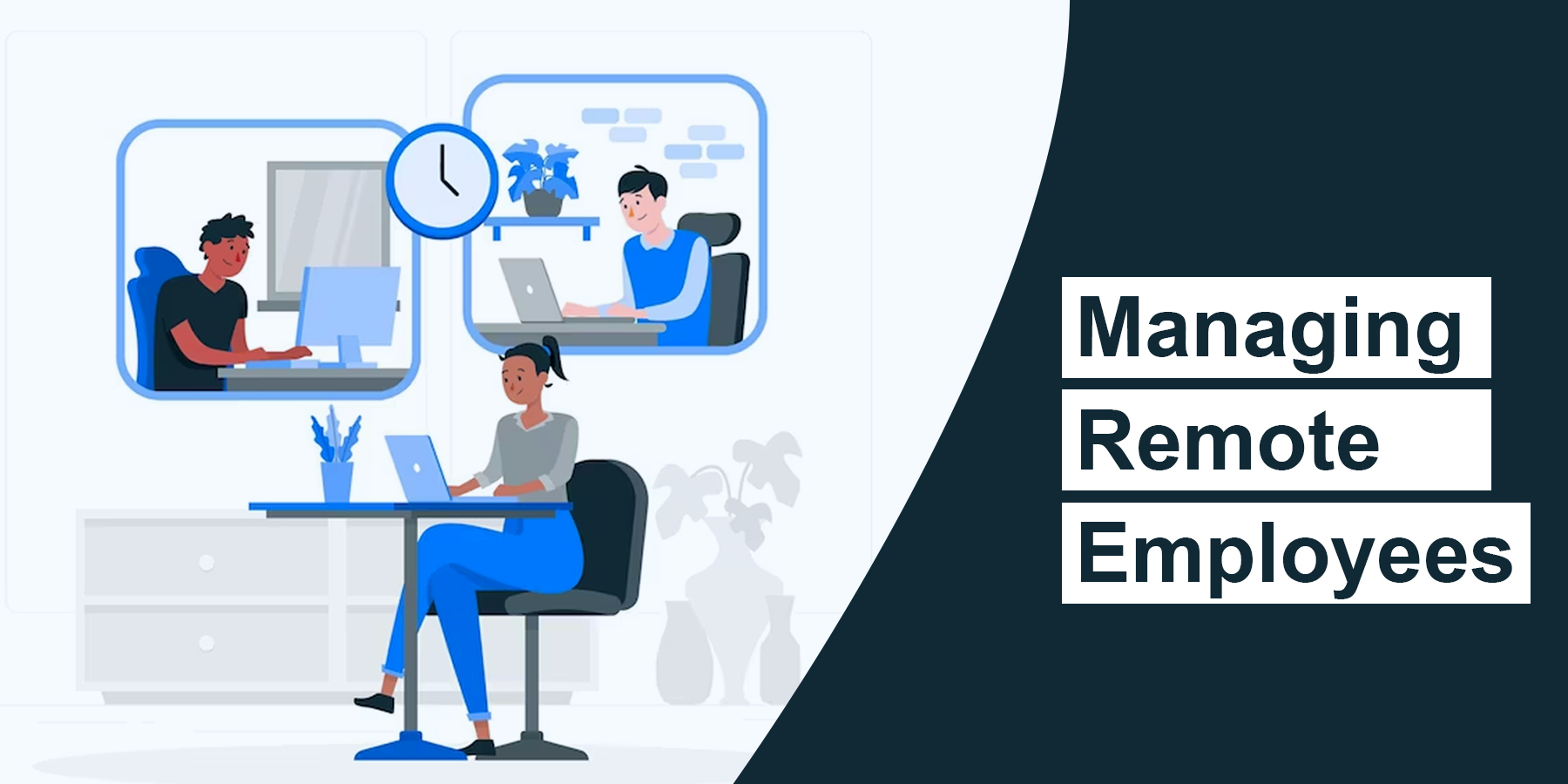
Offshore development teams are becoming increasingly popular as companies seek to exploit a more global talent pool and develop innovative digital solutions in today’s interconnected world. However, managing and collaborating with offshore teams comes with unique challenges.
From differences in time zones and cultures to communication barriers, these challenges can impact the efficiency and effectiveness of the development process. To navigate these obstacles successfully, it’s imperative to have the right tools and strategies in place.
In this article, let’s dive into the essential tools to streamline management and collaboration with offshore development teams, ensuring seamless project execution and outstanding results.
Table of Contents
1. Communication Platforms for Real-Time Connectivity
2. Project Management Tools for Streamlined Workflow
3. Version Control and Code Collaboration
4. Virtual Workspaces for Documentation and Knowledge Sharing
5. Video Conferencing for Face-to-Face Interaction
6. Time Zone Management Solutions
7. Language Translation and Interpretation Services
8. Security and Data Privacy Solutions
9. Cultural Sensitivity Training Resources
10. Regular Performance and Progress Assessment
1. Communication Platforms for Real-Time Connectivity
Clear and effective communication is the bedrock of successful collaboration, especially when working with offshore development teams and hiring a remote team of developers. Leveraging advanced communication platforms like Slack, Microsoft Teams, and Zoom can bridge the geographical gap and foster real-time connectivity. These platforms offer instant messaging, video conferencing, and file-sharing capabilities, enabling teams to discuss project details, share updates, and address concerns promptly.
2. Project Management Tools for Streamlined Workflow
Efficient project management is crucial when coordinating with offshore development teams. Tools like Trello, Asana, or Jira can facilitate task assignments, progress tracking, and milestone management. These platforms provide a visual overview of project workflows, ensuring everyone is on the same page regarding project timelines and objectives.
3. Version Control and Code Collaboration
Version control and code collaboration are paramount when working on software development projects with offshore development teams. Git and GitHub are industry-standard tools that allow teams to manage code repositories, track changes, and collaborate seamlessly on coding tasks. With features like pull requests and code reviews, teams can maintain code quality and ensure error-free implementation.
4. Virtual Workspaces for Documentation and Knowledge Sharing
Centralized documentation is essential for maintaining consistency and clarity throughout the development lifecycle. Tools like Confluence by Atlassian provide virtual workspaces where your remote development team can create, store, and share project documentation, technical specifications, and coding guidelines. This ensures that critical information is readily accessible to all team members, regardless of location.
5. Video Conferencing for Face-to-Face Interaction
While text-based communication is essential, face-to-face interaction can bridge cultural gaps and foster stronger remote development team relationships. Video conferencing tools like Zoom and Google Meet enable teams to hold virtual meetings, conduct presentations, and engage in discussions beyond typed messages.
6. Time Zone Management Solutions
Dealing with different time zones can be a logistical challenge when collaborating with offshore development teams. World Time Buddy and Every Time Zone help teams schedule meetings and coordinate work hours efficiently. By finding overlapping hours, teams can ensure that important discussions and decisions occur promptly.
7. Language Translation and Interpretation Services
Effective communication relies on a shared understanding of language. When language barriers arise, tools like Google Translate and Microsoft Translator can assist in translating text and speech in real time. Professional interpretation services can ensure that nothing gets lost in translation for more complex interactions.
8. Security and Data Privacy Solutions
Protecting sensitive project information and data is paramount, especially when collaborating with offshore development teams. Employing tools like LastPass for password management and Virtual Private Networks (VPNs) for secure connections can safeguard project-related information and prevent unauthorized access.
9. Cultural Sensitivity Training Resources
Cultural differences can impact communication and collaboration dynamics. Online resources and training modules on platforms like LinkedIn Learning and Coursera offer insights into cultural norms and practices. These resources can help remote development teams navigate cultural differences and work harmoniously towards common goals.
10. Regular Performance and Progress Assessment
Regular performance assessments ensure that projects are on track and aligned with expectations. Tools like Performance Management Systems enable project managers to evaluate individual and remote development team performance objectively. This data-driven approach helps identify areas for improvement and celebrate successes.
Conclusion
The key to productive teamwork in the high-pressure environment of an offshore development team is using the right tools to reduce friction and improve communication. By incorporating communication platforms, project management tools, code collaboration systems, and more, businesses can ensure that their collaborations with offshore development teams are productive and yield outstanding results. Embracing these essential tools empowers organizations to harness global talent and create innovative solutions that drive success in today’s digital landscape.
Now, do you want to know how to hire remote developers efficiently? If you are interested in hiring a remote team of developers, Recruit Ninjas is here for you. A ‘dedicated development team’ from us can manage long-term software development projects for startups, mid-size companies, and large enterprises. Contact us today, and let’s discuss!
Kimberly Morrison
Kimberly Morrison has been the Director of Client Relations at VGROW since 2019. She builds strong customer relationships, drives client retention, and oversees team productivity. Kimberly's approach to customer engagement is key to VGROW's aim of streamlining business processes through virtual assistance services.


 Five Essential Remote Management Tech Tools for Successful Team Collaboration
Five Essential Remote Management Tech Tools for Successful Team Collaboration